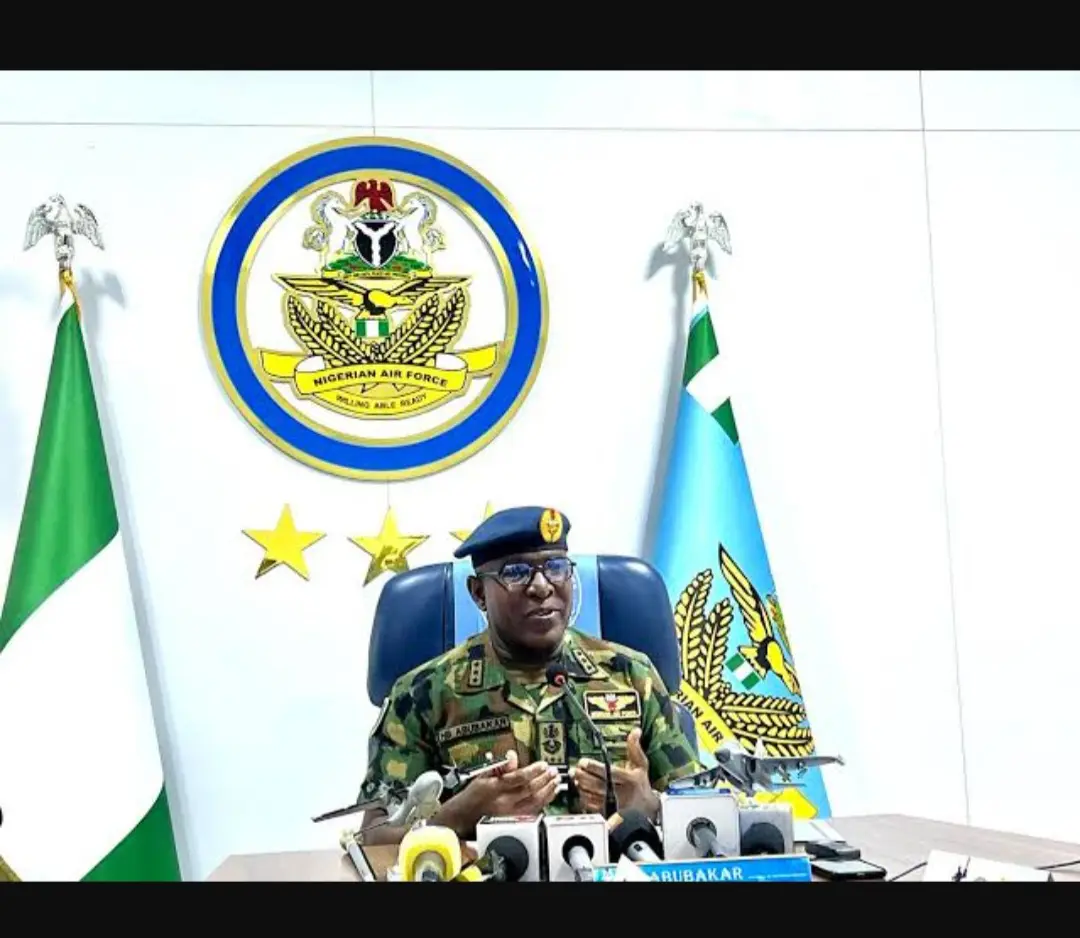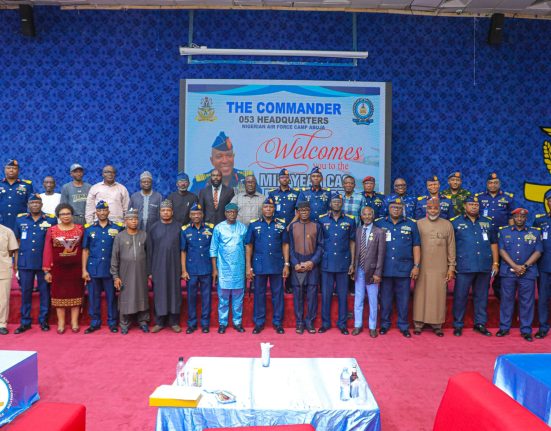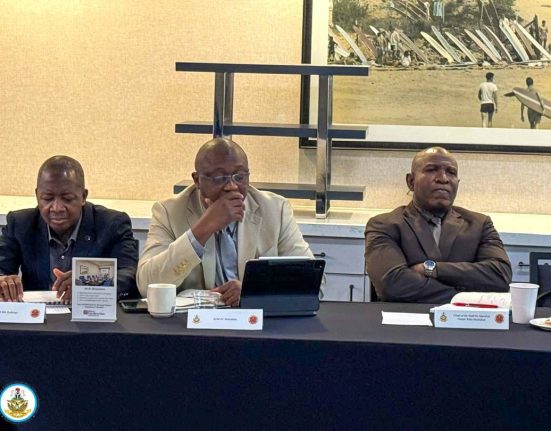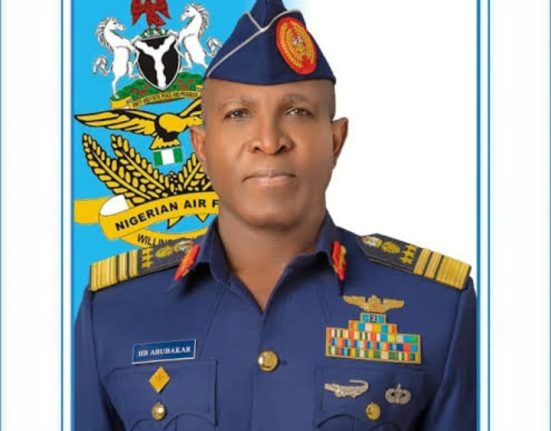At the 4th African Air Forces Forum held in Abuja, Nigeria’s Chief of the Air Staff (CAS), Air Marshal Hasan Abubakar, emphasized the pressing need for unity among African nations to effectively confront the continent’s growing security challenges. Speaking to a distinguished gathering of military leaders, defence chiefs, and international partners, the CAS underscored that collaboration remains the bedrock for a secure and stable Africa in the face of evolving transnational threats.
The high-level forum, which drew participation from over 30 countries and representatives from global defence industries, provided a strategic platform for fostering cooperation, intelligence sharing, and joint operations among African air forces. The Nigerian Air Force (NAF), playing host to the event, leveraged the opportunity to showcase its growing capabilities and commitment to regional security, particularly in the areas of counterterrorism, intelligence-driven operations, and air mobility support.
Air Marshal Abubakar stated that the complex nature of security threats facing Africa, ranging from terrorism, arms trafficking, and insurgency to cyber warfare and cross-border crimes, demands a collective and proactive response. He noted that no single nation possesses the capacity to tackle these multi-faceted challenges alone, thus highlighting the value of building strong regional partnerships and integrating air power strategies.
“Unity of purpose is essential in addressing our shared security concerns. When African air forces work together, through intelligence sharing, capacity building, and joint exercises, we stand a better chance of neutralizing threats and restoring peace in volatile regions,” he remarked.
Referencing Nigeria’s experience, the CAS shared how the NAF, in conjunction with other arms of the Nigerian military, has significantly degraded insurgent capabilities in the North-East and has also supported humanitarian missions in areas affected by conflict. He added that international collaborations, particularly with countries like the United States, China, Pakistan, and Brazil, have helped strengthen Nigeria’s air fleet, surveillance capacity, and personnel training.
Beyond the speeches, the forum witnessed the signing of Memorandums of Understanding (MoUs) between several African countries to deepen military cooperation, especially in the domains of technical support, maintenance of aircraft, and joint training programmes. Delegates also explored how modern technologies—like drone warfare, artificial intelligence, and satellite imaging, can be deployed effectively in African conflicts.
The Nigerian Air Force, which recently acquired new aircraft including the A-29 Super Tucano and unmanned aerial vehicles (UAVs), was lauded for its efforts in modernizing its fleet and enhancing precision strike capabilities. The forum also acknowledged the sacrifices of air personnel across the continent who continue to risk their lives in defence of peace and sovereignty.
As regional insecurity continues to escalate in parts of the Sahel, the Horn of Africa, and the Great Lakes region, the 4th African Air Forces Forum served as a reminder that without unity, Africa risks remaining vulnerable. But with a common vision and coordinated air power, leaders agreed, the continent can write a new chapter of strength, peace, and resilience.
The event, which concluded with a fly-past by the Nigerian Air Force and an exhibition of cutting-edge air defence equipment, reaffirmed Nigeria’s strategic position as a leading voice in Africa’s military diplomacy.




